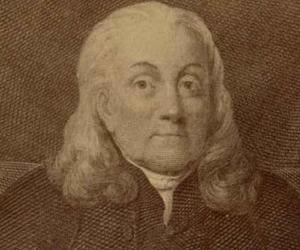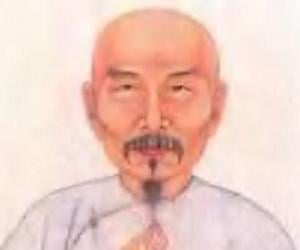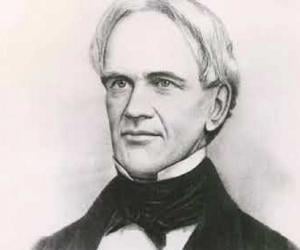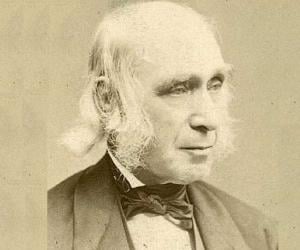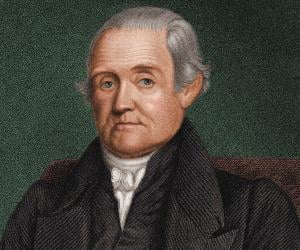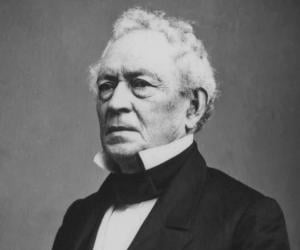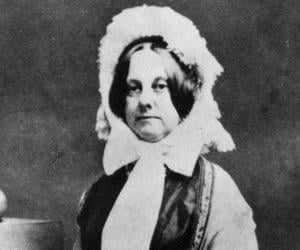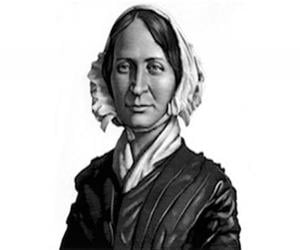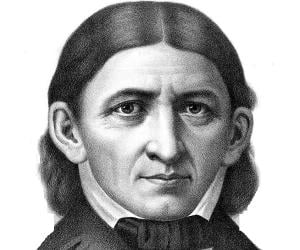

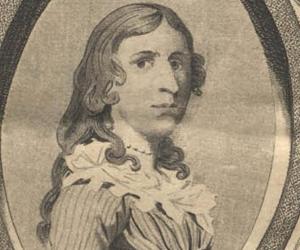
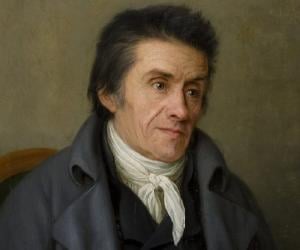
Johann Heinrich Pestalozzi was a Swiss educational reformer and pedagogue. He is credited with establishing several educational institutions in French- and German-speaking regions of Switzerland. He also came up with many works explaining his modern principles of education. Thanks to Johann Heinrich Pestalozzi, Switzerland was able to overcome illiteracy as early as 1830.
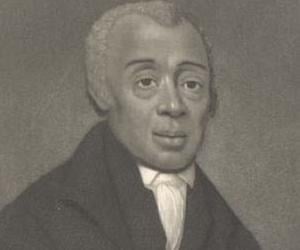
Born to slave parents, American clergyman Richard Allen became a Methodist convert at 22. He later founded the African Methodist Episcopal Church and served as its first bishop. Apart from establishing the first church for Blacks in the U.S., he worked on various aspects to improve the lives of Blacks.
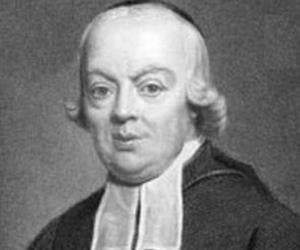
Eighteenth-century philanthropic educator Charles-Michel de l'Épée is regarded as the Father of the Deaf for pioneering the education of the deaf and dumb. He laid down the Signed French system, which enabled the deaf to participate in legal proceedings. His French Sign Language laid the path to the American Sign Language.
Noah Webster was an American textbook pioneer, lexicographer, political writer, English-language spelling reformer, author, and editor. Dubbed the Father of American Scholarship and Education, Webster's books have been credited with teaching the art of spelling and reading to five generations of American children. Thanks to his work as a spelling reformer, his name became synonymous with dictionary in the US.
Edward Everett was an American politician, diplomat, educator, pastor, and orator. Widely regarded as one of the great orators of the Civil War and antebellum eras, Everett is remembered for his two-hour speech at the Soldiers' National Cemetery in Gettysburg in 1863, where Abraham Lincoln delivered his popular Gettysburg Address. Edward Everett also taught ancient Greek literature at Harvard University.
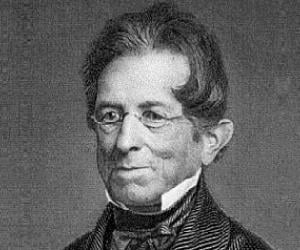
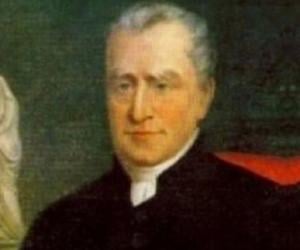
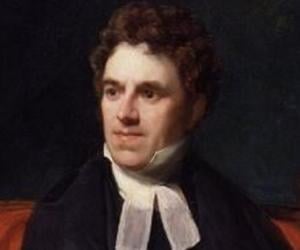
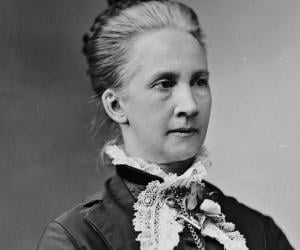
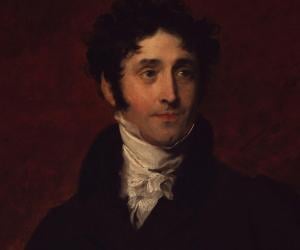
Scottish poet Thomas Campbell is best known for his emotional war poems and songs, such as Ye Mariners of England. He was also one of the men behind the formation of University College London. Though he initially intended to study law, he later ended up writing some of the best patriotic lyrics.
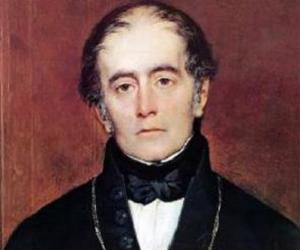
Regarded as the intellectual father of South America, Venezuelan-Chilean poet Andrés Bello one taught revolutionary leader Simón Bolívar and also inspired the struggle for Venezuelan independence. He established the University of Chile and also penned masterpieces such as Las Silvas Americanas. As a legislator, he inspired the Chilean Civil Code.
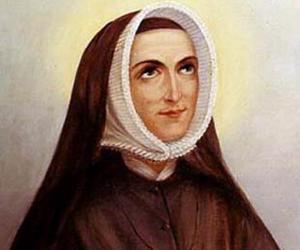
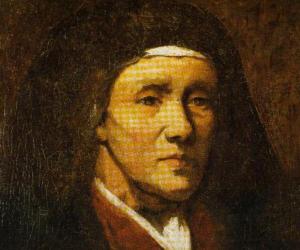
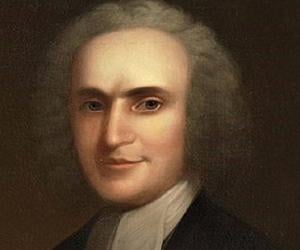

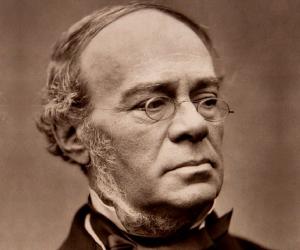
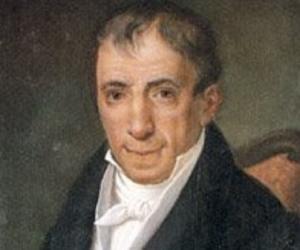
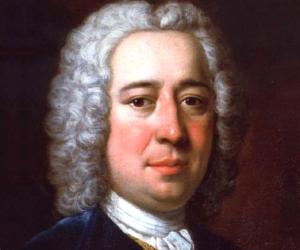
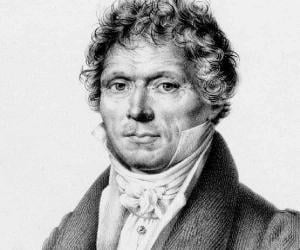
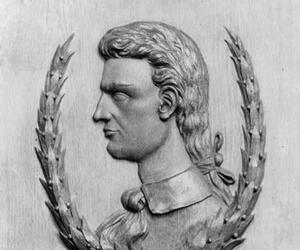
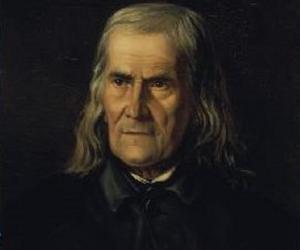
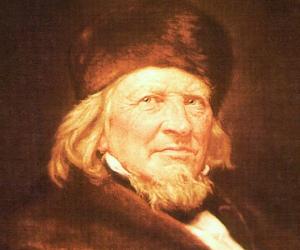
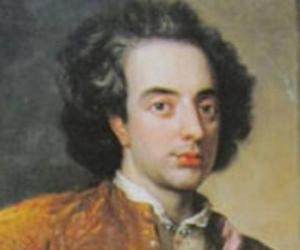
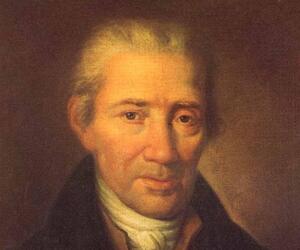

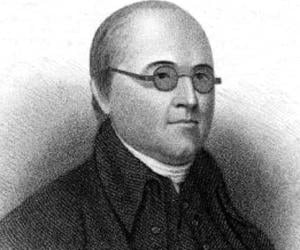
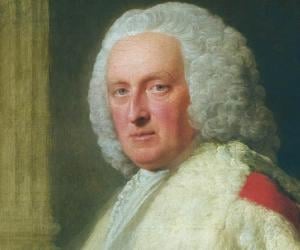
Part of the famous Campbell family of Scottish noblemen, Archibald Campbell, 3rd Duke of Argyll was one of the most prominent politicians of his day. He had initially served the army and had also been the treasurer of Scotland. He was also one of the co-founders of the Royal Bank of Scotland.
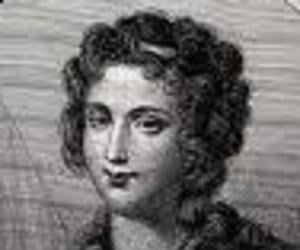

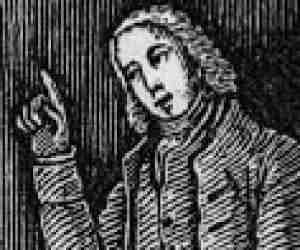
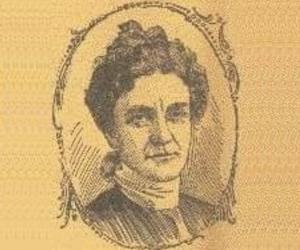
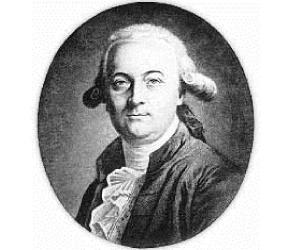
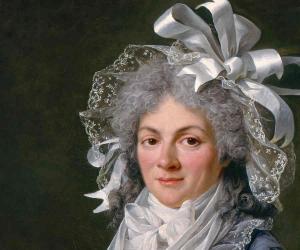
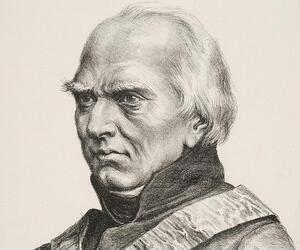
Stanisław Staszic was a Polish philosopher who played a leading role in the Polish Enlightenment. He was also a Catholic priest, geologist, writer, and translator. He supported many reforms in Poland and was the co-founder of the Warsaw Society of Friends of Learning. He later served as the minister of trade and industry in Congress Poland.
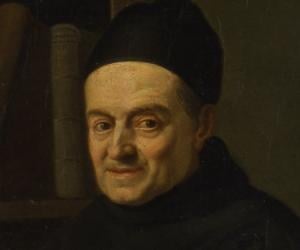
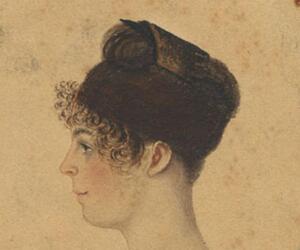
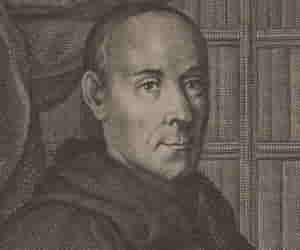
Eighteenth-century Spanish essayist Benito Jerónimo Feijóo y Montenegro was a monk of the Benedictine order and also taught theology and philosophy at the University of Oviedo. He later wrote on a variety of subjects such as medicine, philology, and law, in Teatro crítico universal and Cartas eruditas y curiosas.
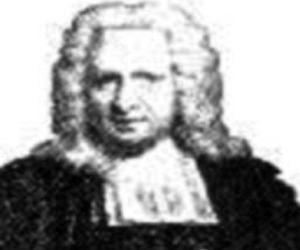
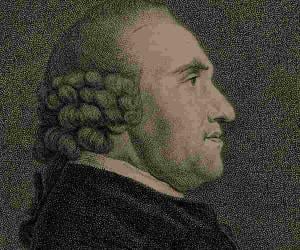

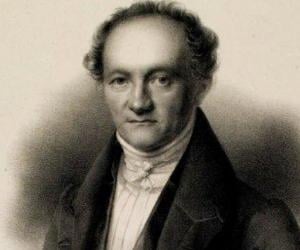

Apart from being the grandson of famous Islamic scholar Shah Waliullah Dehlawi, Shah Ismail Dehlvi was also associated with the jihad of Syed Ahmad Barelvi. He was part of the Tariqah-i-Muhammadiyah, a movement, meant to cleanse Islam from Hindu practices, and was later killed in a battle with Maharaja Ranjit Singh.
